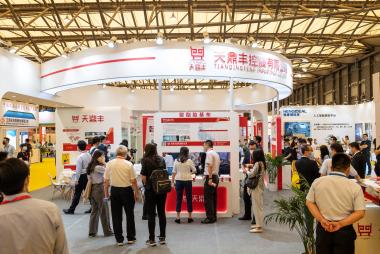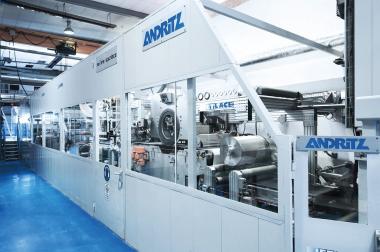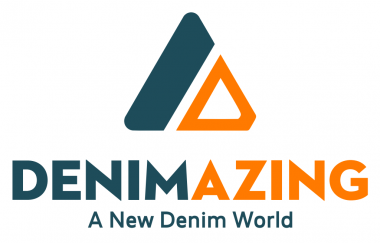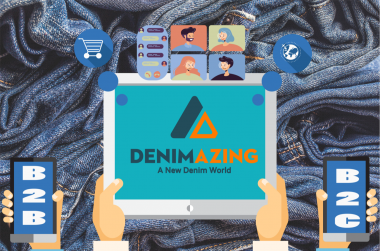International Conference on Cellulose Fibres 2022: Call for Abstracts
- The success story of cellulose fibres continues - plastic bans drive innovation – 300 participants and 30 exhibitors are expected in-person and online
- 2-3 February, Cologne (Germany), hybrid event
Cellulose fibres are among the winners of the European 'Single-Use Plastics Directive (SUPD)', which has been in effect since July 2021 and entails plastic bans for a variety of single-use products. Cellulose is the main component of plant cell walls and a natural polymer. As a result, disposable products made of cellulose and cellulose fibres are not labelled as plastic and are explicitly excluded from the regulation. The success story of cellulose fibres will thus continue at a rapid pace with new developments and applications. Building on the success of this year's conference with 200 participants, the International Conference on Cellulose Fibres 2022 will again cover the entire value chain, from lignocellulose, chemical pulp, cellulose fibres such as rayon, viscose, modal or lyocell and new developments to a wide range of applications: Textiles of all kinds, nonwovens such as wet wipes and new areas such as composites or nanocellulose in the food industry. All these sectors have gained considerable momentum in recent years.
Cellulose fibres have been a success story within the textile market with a compound annual growth rate (CAGR) between 5 and 10 % over the last ten years and similar growth rates are expected in the coming decade. This makes cellulosic fibres the fastest growing fibre group in the textile industry and also the largest investment sector in the global bioeconomy. The challenge now is to achieve a balance between the ongoing capacity expansion and the growing demand, to avoid overcapacity while still meeting rising demand from the major brands. These high growth rates are driven by the increased demand for natural fibres (and bottlenecks in cotton production), the microplastic issues, and bans on plastics in disposable applications. All three factors will continue to play an important role in the development of the sector in the future.
Focus of the conference
- Impact of plastic-bans on single-use products
- Transformation from fossil to renewable raw materials
- Challenges in developing new value chains
- Alternative raw materials for cellulose fibres
- Latest technology and market trends
- Market dynamics and stakeholders in the cellulose sector
- New ecosystems and partnerships
- Development of political environment
- Improvement of sustainability in production
Companies are now invited to submit presentations as well as their latest developments for the Innovation Award.
Call for Abstracts and Posters
Abstract submission is open now. Latest products, technologies, developments or market trends are welcome.
Deadline for submission: 15 October 2021
nova Institute




































